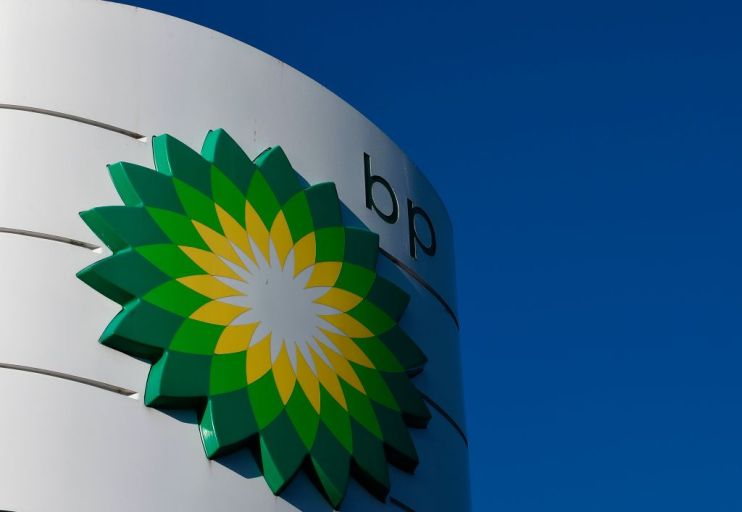BP halves dividend after record $6.7bn loss in coronavirus quarter

BP halved its dividend, its first cut in a decade, after booking a record $6.7bn (£5.13bn) loss in a second quarter devastated by the impact of coronavirus.
The figures
BP fell to a $6.7bn loss on its preferred underlying replacement cost metric for the three months to 30 June.
However, analysts had expected a $6.8bn loss, sending its share price surging 7.5 per cent higher to 302.2p in morning trading.
The oil giant staggered to a massive $21.6bn (£16.53bn) pre-tax loss for the period as it booked a $22bn loss from its upstream drilling activities after coronavirus travel bans caused oil prices to plunge.
That led BP to slash its half-year interim dividend by 49 per cent to 5.25 cents per share. That compared to a 10.5 cent payout this time last year.
BP booked a $6.5bn non-cash, post-tax write-off of its upstream assets, and a $9.2bn after-tax hit as it reduced its long-term oil price assumptions.
Net debt fell to $40.9bn at the end of the quarter, $6.5bn less than at June 2019. The FTSE 100 firm counted around $47bn of liquidity.
Why it’s interesting
BP’s record quarterly loss came after oil prices plunged to an average of $33 for the European standard, Brent crude. US oil prices averaged $28, according to Dow Jones data.
Shareholders had seen BP’s dividend cut coming, but analysts said it was overdue as it sells off assets and prepares to slash 10,000 jobs due to the pandemic.
“The decision to cut the dividend has been a long time coming, the only surprise it has taken a change of CEO and a huge slump in the oil price to shake the company out of its complacency,” Michael Hewson, chief market analyst at CMC Markets.
Signalling a huge shift in strategy, BP’s new chief executive Bernard Looney today set out new goals to wean BP off oil and gas over the next 10 years.
He committed to cutting oil and gas production by 40 per cent by 2030. Instead Looney will increase BP’s investment in low carbon energy ten-fold by2030, and eight-fold by 2025.
He committed to lowering BP’s emissions from operations by between 30 and 35 per cent by 2030, and reducing the carbon intensity of BP energy by over 15 per cent over the decade.
“BP is going to significantly scale-up our low-carbon energy business and transform our mobility and convenience offers,” he said. “We will focus, and reduce, our oil, gas and refining portfolio. And, as we drive down emissions on our route to net zero, we are committed to continuing to deliver long-term value for our stakeholders.”
What BP said
CEO Bernard Looney said:
“These headline results have been driven by another very challenging quarter, but also by the deliberate steps we have taken as we continue to reimagine energy and reinvent BP. In particular, our reset of long-term price assumptions and the related impairment and exploration write-off charges had a major impact. Beneath these, however, our performance remained resilient, with good cash flow and – most importantly – safe and reliable operations.”
On the major strategy shift, Looney added:
“We believe our new strategy provides a comprehensive and coherent approach to turn our net zero ambition into action.. This coming decade is critical for the world in the fight against climate change, and to drive the necessary change in global energy systems will require action from everyone.”